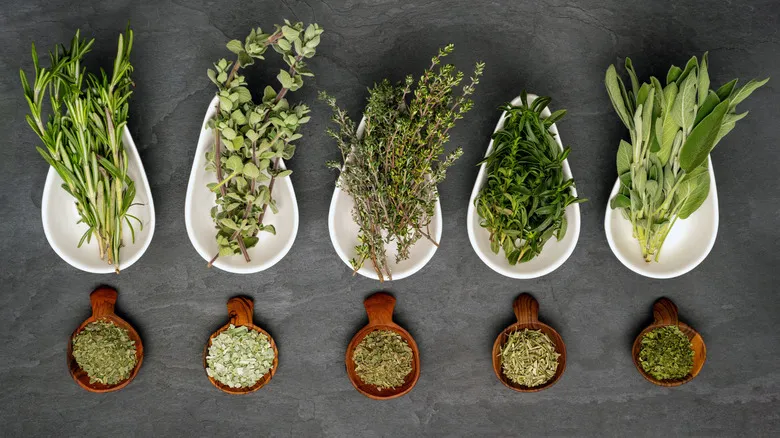Fresh herbs bring the wow factor
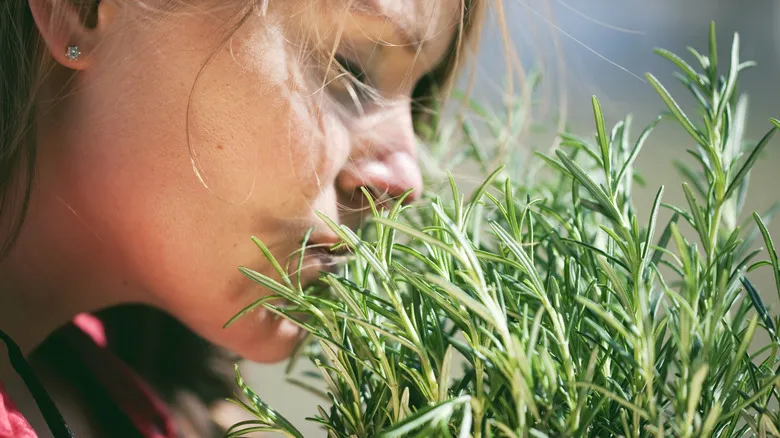
Vibrant, leafy herbs bring a burst of color and delightful aroma to both culinary creations and beverages. Just think about how essential fresh mint is for a mojito or mint julep! You can typically find fresh herbs in the produce aisle, often bundled together. The most common varieties include mint, parsley, cilantro, basil, dill, rosemary, and thyme. If you visit a specialty store or farmers market, you may uncover an even wider selection. Generally, the usage of these herbs is similar: the leaves are the primary focus. They can be chopped, torn, or blended to infuse your dishes with brightness and subtle fragrances. When stored correctly, fresh herbs can last a week or two in the refrigerator, but you can also freeze them in ice cubes for long-term use.
Fresh herbs are usually best enjoyed raw, especially when a recipe specifically calls for them, whether for their visual appeal or flavor enhancement. Roasted meats might require whole sprigs to be added to the pan, often serving as a finishing touch. When finely chopped, they become essential for creating your own compound butter for steak and other dishes, or for adding flavor to Greek tzatziki sauce. Both chimichurri and pesto are sauces that rely heavily on finely chopped fresh herbs. Tabbouleh is essentially a salad made of fresh herbs and bulgur wheat. A basil or shiso leaf can elevate anything from yogurt to cocktails, while parsley, once a ubiquitous restaurant garnish, can be chopped and mixed into potato salad or sprinkled over eggs for an extra kick.
Stock dried herbs for everyday cooking
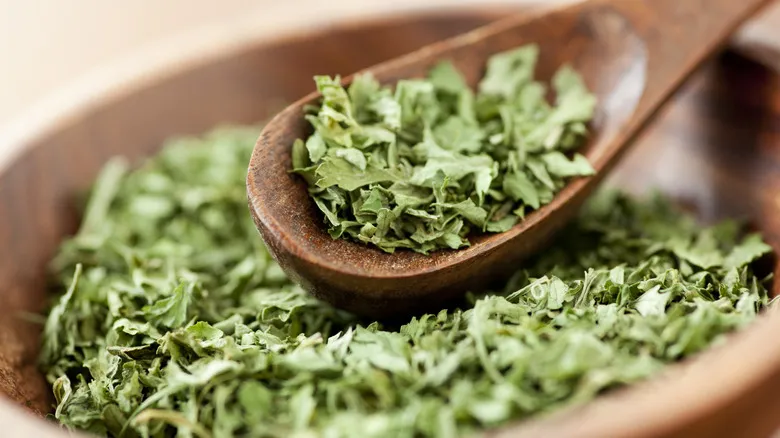
While fresh herbs are best used shortly after purchase, dried herbs can be stored in a cool, dry place and remain viable for years, although they do lose potency over time. Found on store shelves next to spices and seasonings (which are distinct), you'll find a wide variety to meet your cooking needs. In addition to single herbs, consider blends like Frontier Co-op's herbs de Provence, which can add a French flair to your dishes. The primary benefit of dried herbs is their convenience; simply pick up a bottle during your grocery trips, and you'll soon have a well-stocked pantry filled with flavorful options. Besides the previously mentioned spice rubs, dried herbs are commonly added to soups and stews or used to enhance instant sauces like Campbell's Spicy Thai Curry.
Generally, dried herbs pack more punch in cooking. While fresh herbs may wilt or burn in a pan or oven, dried herbs infuse dishes with richer flavors and aromas when heated. If you're replacing fresh herbs with dried ones in a recipe, you'll typically need to use three times as much fresh to achieve a similar taste. Dried herbs aren't ideal for garnishing, as they can taste somewhat musty and bland when simply sprinkled on top. To enhance their flavor, consider tempering or blooming your herbs before incorporating them into your dishes.
Recommended

Anthony Bourdain's Foolproof Technique For Fluffy Scrambled Eggs
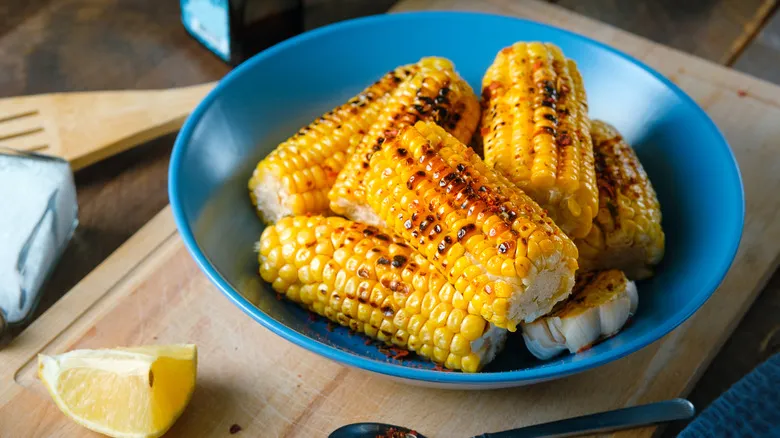
How To Use A Slice Of Bread As An Easy Tool To Butter An Ear Of Corn
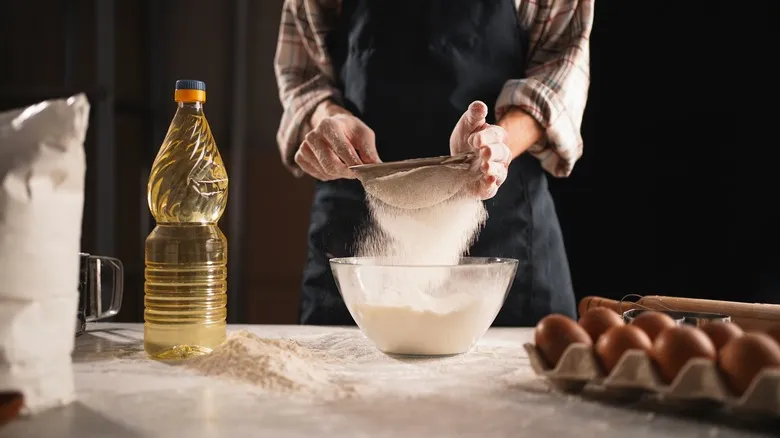
Is Sifting Your Flour Really That Important?
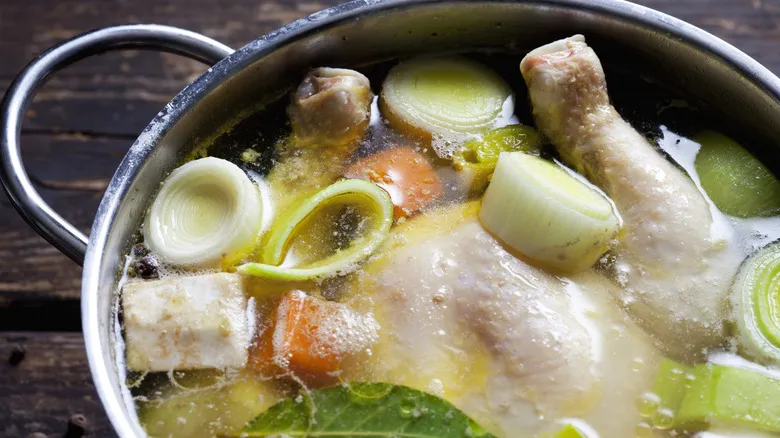
The Best Cut Of Chicken For Soup Is Not Chicken Breast
Next up

